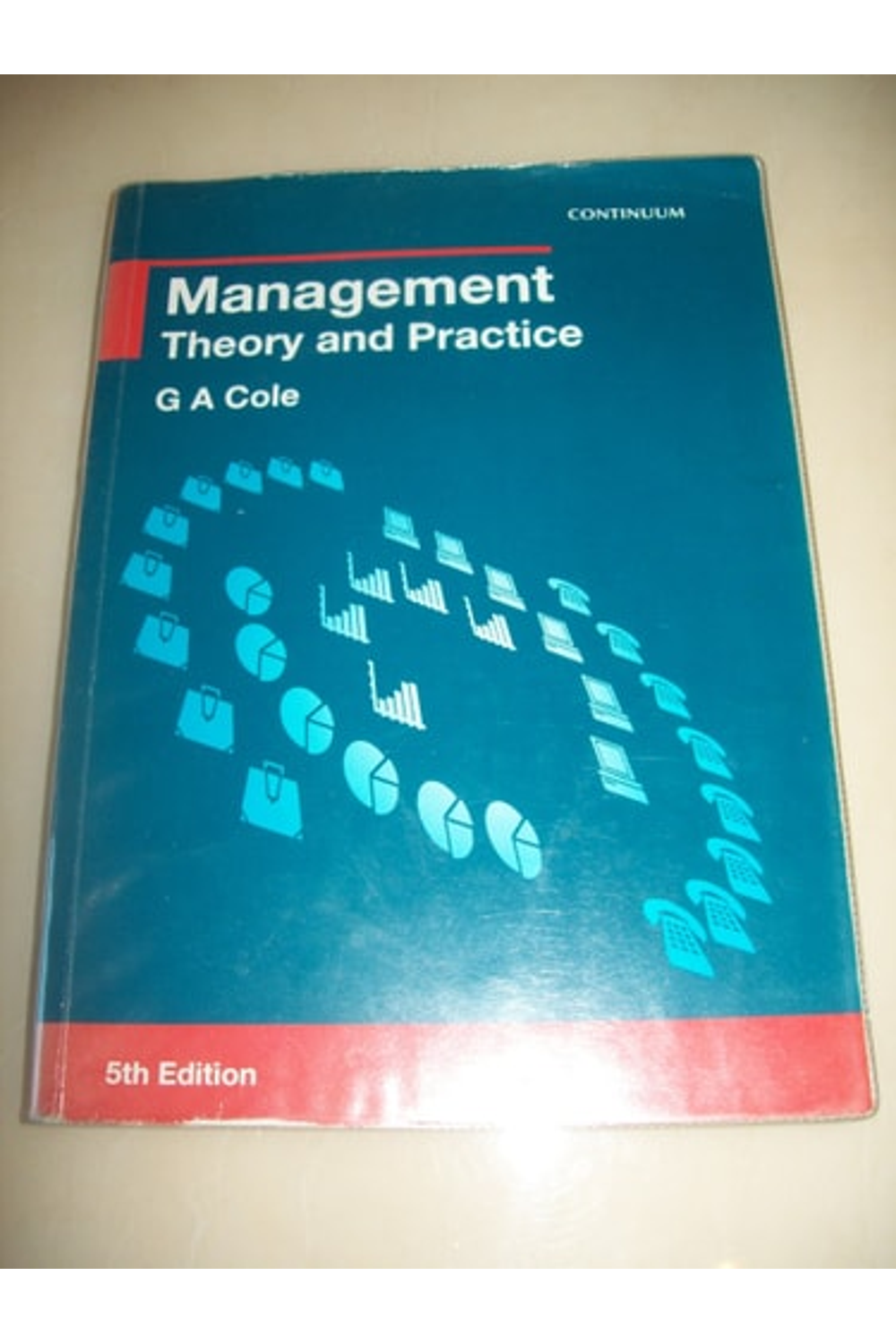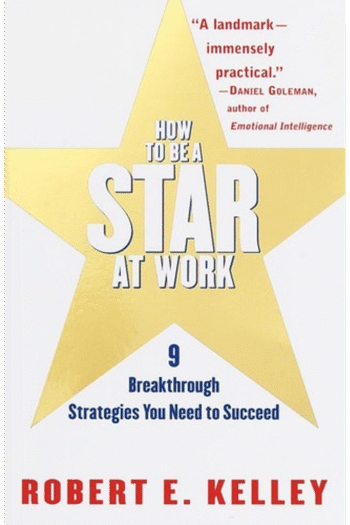Unlock the secrets of effective leadership and organizational success with the 5th edition of “Management: Theory and Practice” by G.A. Cole. This widely respected textbook, published by Thomson Learning, bridges the gap between classic management principles and modern business realities. Delve into core concepts like planning, organizing, leading, and controlling, enhanced by real-world case studies that bring theory to life. Ideal for students and professionals seeking a solid foundation in management, Cole’s comprehensive guide explores crucial topics like motivation, communication, and strategic decision-making. While published in 2001, its timeless insights remain incredibly relevant, offering a valuable perspective on the evolution of management thought and its ongoing application in today’s dynamic workplace. Explore organizational structure, understand different leadership styles, and learn to foster employee engagement. Whether you’re launching your management career or seeking to refine your skills, this book provides the practical tools and theoretical knowledge you need to thrive.
Management: Theory and Practice
19,18 $
In stock
Description
Book by Cole, Gerald
Dive into the essential world of management with the 5th edition of "Management: Theory and Practice" by G.A. Cole, a cornerstone text for students and professionals alike. Published by Thomson Learning in 2001, this comprehensive paperback edition offers a robust exploration of fundamental management principles and their real-world application. With 480 pages packed with insightful analysis, case studies, and practical examples, Cole's work remains a highly regarded resource for anyone seeking to understand and excel in the dynamic field of management. Gerald A. Cole, a respected voice in business education, meticulously crafts this edition to bridge the gap between theoretical frameworks and the day-to-day challenges faced by managers. "Management: Theory and Practice" delves into core concepts such as planning, organizing, leading, and controlling, providing a clear and accessible understanding of each function. This edition goes beyond simple definitions, exploring the nuances of decision-making, organizational behavior, human resource management, and strategic management, equipping readers with the knowledge and skills needed to navigate complex organizational landscapes. What sets this book apart is its emphasis on practical application. Cole expertly integrates real-world scenarios and case studies, allowing readers to analyze situations, develop solutions, and critically evaluate the effectiveness of various management approaches. You'll gain valuable insights into different management styles, leadership techniques, and the impact of external factors on organizational performance. This edition also addresses the increasing importance of ethics and social responsibility in management, reflecting the evolving demands of the modern business environment. Specifically, "Management: Theory and Practice" offers a thorough examination of: * **Classical and contemporary management theories:** Explore the historical evolution of management thought, from the scientific management principles of Frederick Taylor to the more humanistic approaches that emerged later. Understand the strengths and limitations of each theory and how they apply to different organizational contexts. * **Organizational structure and design:** Learn how organizations are structured, the different types of organizational designs (e.g., functional, divisional, matrix), and how to choose the most appropriate structure to achieve organizational goals. * **Motivation and leadership:** Discover the various theories of motivation and how to effectively motivate employees. Explore different leadership styles and learn how to adapt your leadership approach to different situations and personalities. * **Communication and interpersonal skills:** Develop essential communication skills for effective management, including active listening, clear articulation, and conflict resolution. Learn how to build strong relationships with employees, colleagues, and stakeholders. * **Controlling and performance measurement:** Understand the importance of control systems in ensuring organizational performance. Learn how to set performance standards, monitor progress, and take corrective action when necessary. While published in 2001, the fundamental principles of management explored in this book remain highly relevant and applicable to today's organizations. Whether you're a student embarking on your management education or a seasoned professional seeking to enhance your skills, "Management: Theory and Practice" provides a solid foundation for success in the field. Its comprehensive coverage, practical focus, and clear writing style make it an invaluable resource for anyone seeking to master the art and science of management. This edition also reflects a shift towards quality control and customer satisfaction, crucial elements highlighted by reviewers and experts in the late 90s and early 2000s. Although newer editions may exist, this 5th edition represents a significant milestone in management literature and provides valuable historical context alongside timeless principles.
Additional information
| Authors | |
|---|---|
| Binding | |
| Condition | |
| ISBN-10 | 0826453910 |
| ISBN-13 | 9780826453914 |
| Language | |
| Pages | 480 |
| Publisher | |
| Year published | |
| Weight | 750 |
| Edition | 5th |
SKU: G-9780826453914-3
Categories: Business / Economics / Finance, Business & Economics, Business/Economics, Management - General, Management & management techniques
Related products
- Additional information
- Currencies
- USD – United States dollar
- EUR – Euro
- GBP – Pound sterling
- CNY – Chinese yuan
- BRL – Brazilian real
- MXN – Mexican peso
- JPY – Japanese yen
- PHP – Philippine peso
- THB – Thai baht
- PLN – Polish złoty
- CAD – Canadian dollar
- MYR – Malaysian ringgit
- AUD – Australian dollar
- TWD – New Taiwan dollar
- CZK – Czech koruna
- SEK – Swedish krona
- HUF – Hungarian forint
- ILS – Israeli new shekel
- CHF – Swiss franc
- HKD – Hong Kong dollar
- DKK – Danish krone
- SGD – Singapore dollar
- NOK – Norwegian krone
- NZD – New Zealand dollar





